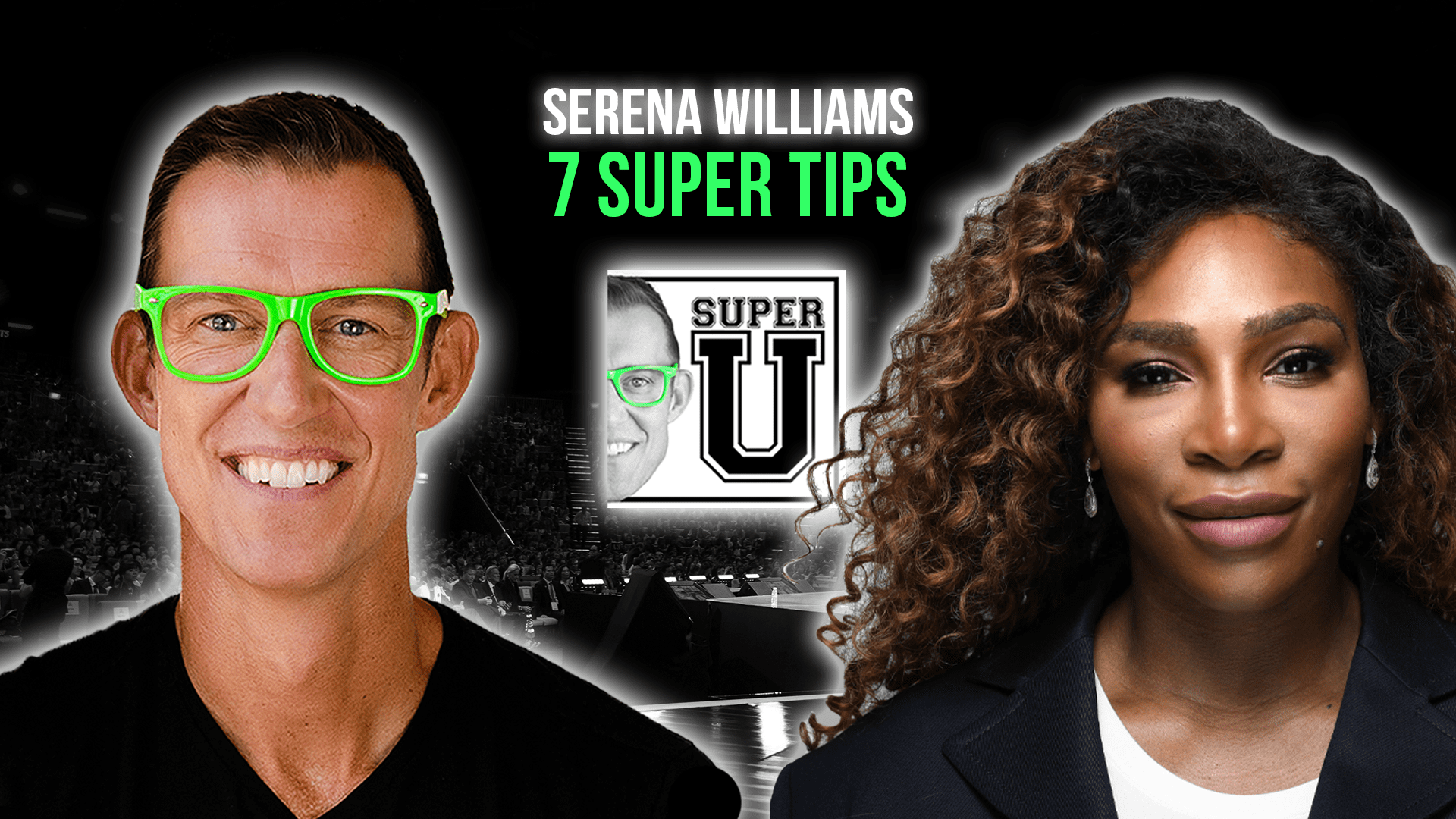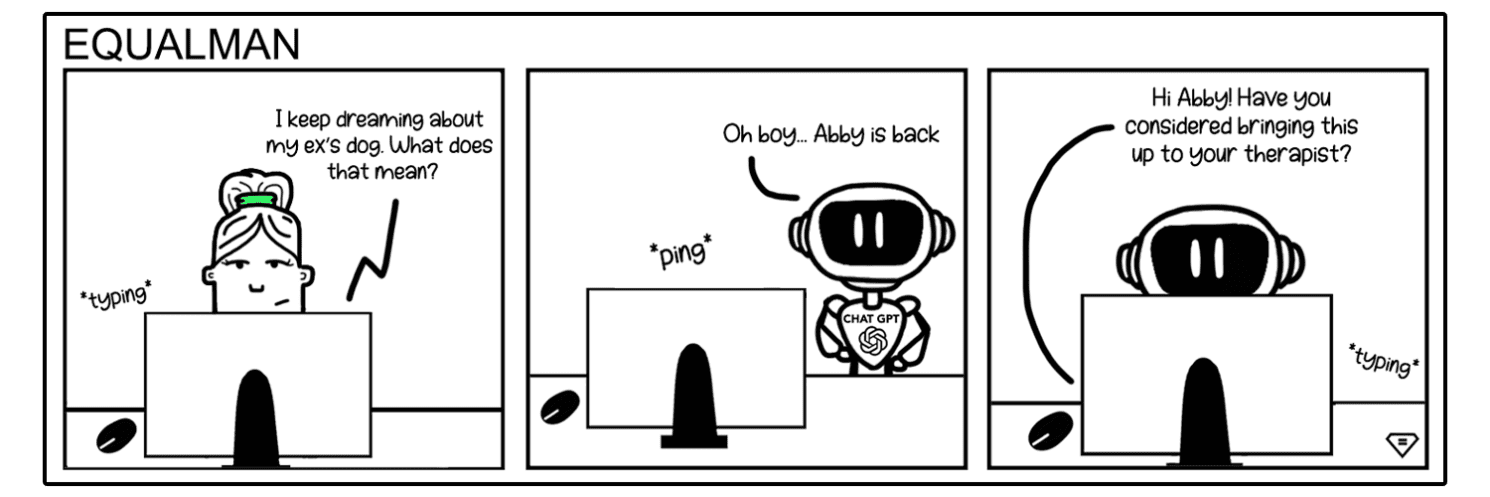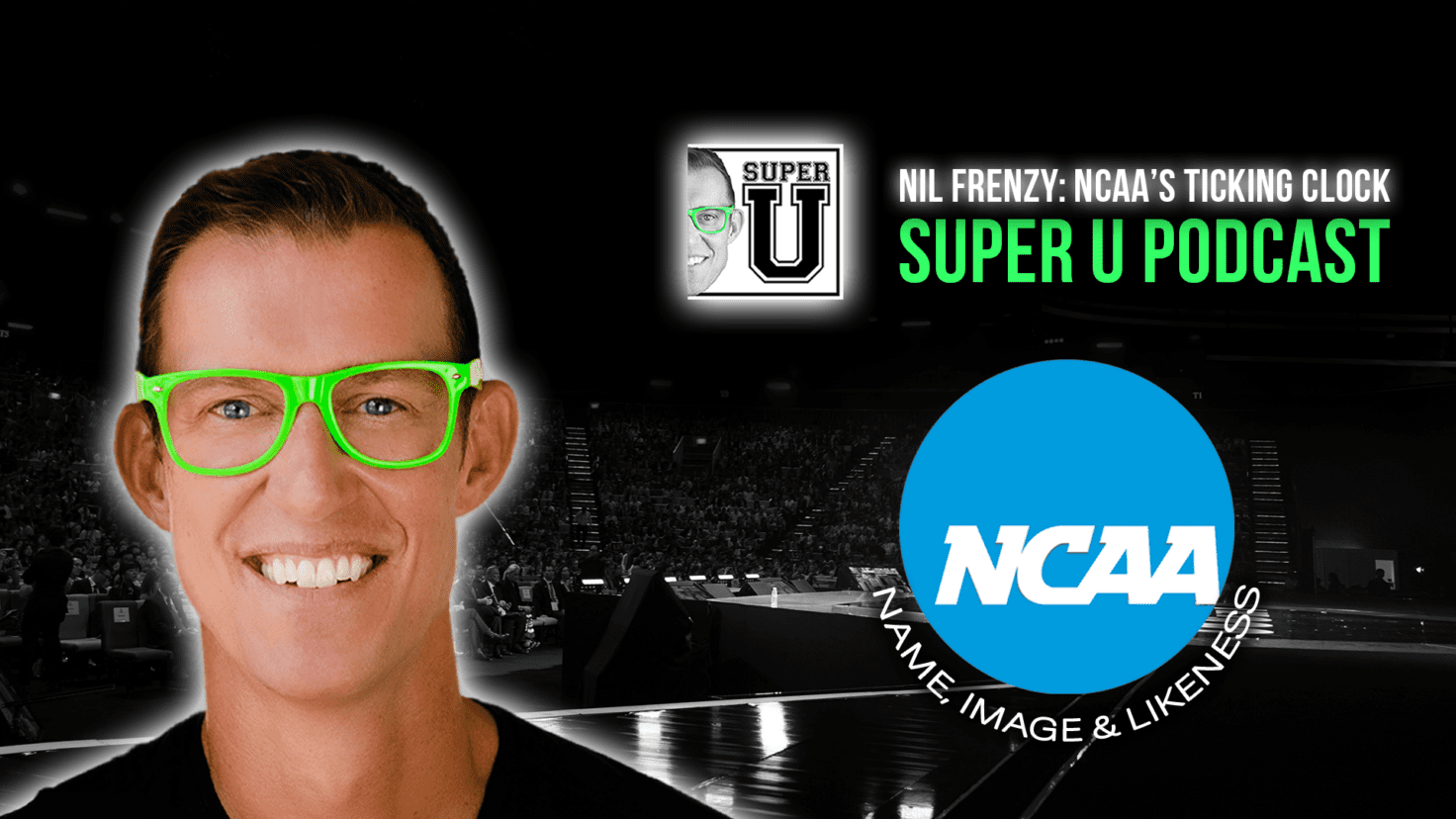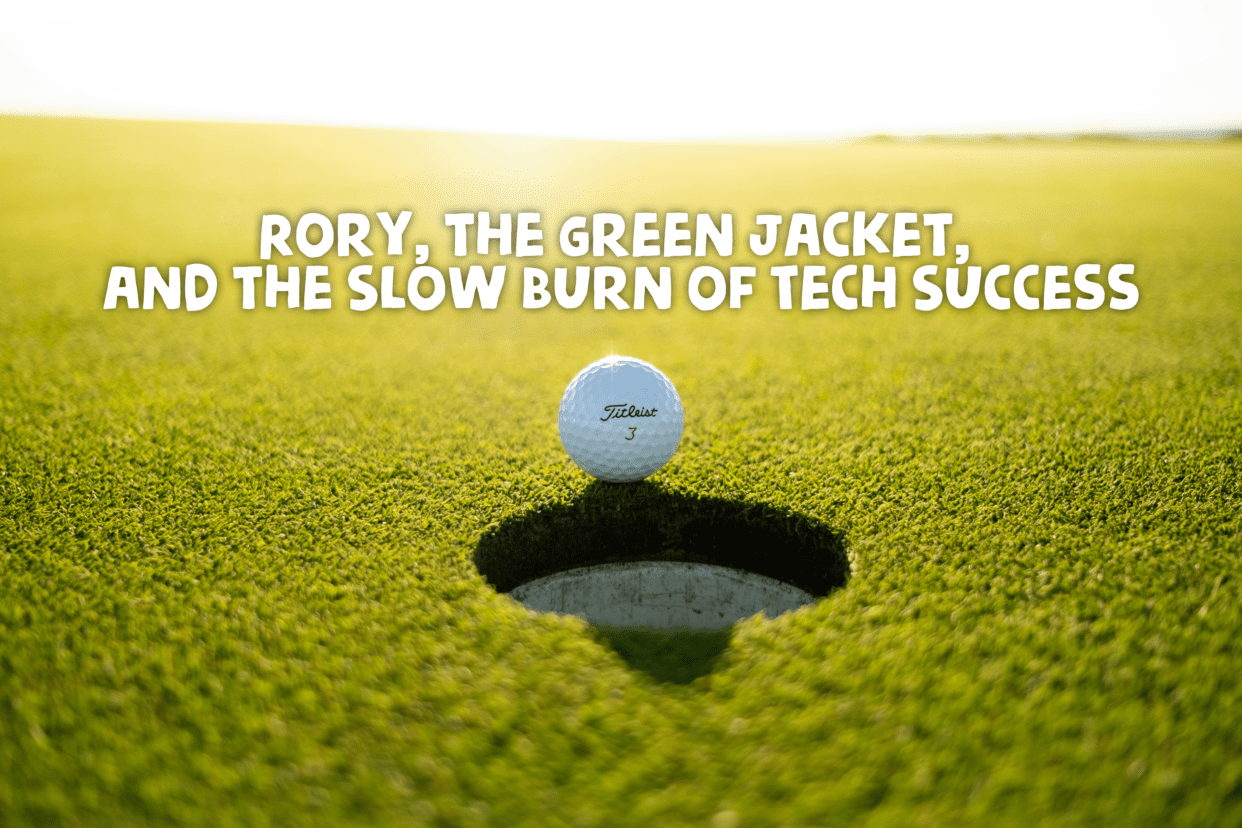Super U Podcast | 7 Super Tips with Serena Williams
Serena Williams retires from tennis. In this episode Serena and Erik discuss the challenges of being at the top of your profession while also raising children. Williams shares insights on getting to the top of your profession, not being able to find the right balance in life, and the tough choices mothers have to make that fathers don’t.
Serena Williams is an American professional tennis player. She has been ranked singles world No. 1 by the Women’s Tennis Association (WTA) for 319 weeks, including a joint-record 186 consecutive weeks, and finished as the year-end No. 1 five times. She has won 23 Grand Slam singles titles, the most by any player in the Open Era, and the second-most of all time. Williams was the world’s highest-paid woman athlete in 2016, earning almost $29 million. She repeated this feat in 2017 when she was the only woman on Forbes‘ list of the 100 highest-paid athletes, with $27 million in prize money and endorsements. She has won the Laureus Sportswoman of the Year award four times (2003, 2010, 2016, 2018), and in December 2015 was named Sportsperson of the Year by Sports Illustrated magazine. In 2021, she was ranked 28th on Forbes‘ World’s Highest-Paid Athletes list. She is the highest-earning woman athlete of all time.
5x #1 Bestselling Author and Motivational Speaker Erik Qualman has performed in over 55 countries and reached over 50 million people this past decade. He was voted the 2nd Most Likable Author in the World behind Harry Potter’s J.K. Rowling. Qualman is also the inventor of the bestselling board game Kittycorn.
Need a sneak peek? Below are the main takeaways from the episode.
Super U Podcast | Serena’s Advice on Career, Family, and Perfection
[4:59] Tip #1
“Venus is like playing myself because we grew up playing each other. We grew up practicing together. And it was something that was it’s been difficult because she’s my toughest opponent. She’s tall, she’s fast, she hits hard like me, she serves like me. And she knows, but she knows what I’m hitting the ball before I hit it. So it’s something that is not very easy, but it’s really about when I go out there, I really have to shut down my mind. I have to say to myself, You know what, I’m just playing a great player. But today, I have to be better. I don’t care who it is. If it’s my sister, it’s my friend. Today’s a day I have to show up and I have to be better. And I have to want it more than anyone else. At this moment. anywhere on this world. I think it’s important for people to realize you can be successful, but you can still have a wonderful relationship. On the court. We are mortal enemies, but the second we shake hands, is we are best friends again.”
[7:18] Tip #2
“For me, when I grew up, I always wanted to be the best. And I said, if you want to be the best, you got to emulate the best. So when I started to go on tour when I was really young, I would see Steffi Graf, I would see Monica cells, and I would even see Pete Sampras. And I would see what they did. And I noticed that Steffi and Monica didn’t really talk to a lot of the other players and they kind of were on their own. And they were just so focused. And I would say that Pete Sampras is a technique that he did. And, and, and I was like, I want to do that. So, I did that. And I felt like to be the best. And if you want to be the best, you have to hang around people and you have to look at people that are the best because you’re not going to be the best if you’re looking at someone that’s not at the top level.”
[9:02] Tip #3
“It’s interesting because when you’re a teenage female growing up in the public eye, it is a lot of scrutiny that you face. And as any female that’s a teenager, I definitely was not comfortable in my body. I didn’t like it. I didn’t understand why I had muscles. I didn’t understand why and I stopped lifting weights. I was like I’m not gonna do this. But then after I want us open I realized that my body helped me reach goals that I wanted to reach and I wanted to be happy with it and I was so appreciative of it and I was I’m always healthy. I’m really fortunate and super blessed and I felt like not only am I happy with my body, but I want other people and other young girls that have experienced what I’ve experienced to be happy with themselves. So whatever people say masculine, whatever, too much too little. I’m okay with it as long as I love myself.”
[11:24] Tip #4
“I hate to lose, but I think losing has brought me to here today is the only reason I am who I am is because of my losses. And some of them are extremely painful, but I wouldn’t take any of them away. Because every time I lose, it takes a really long time for me to lose again because I learned so much from it. And I think I encourage like everyone that I talked to him like listen, if you lose or if something happens not in sports, in business or in school, learn from it. Don’t live in the past, live in the present, and don’t make the same mistakes in the future. And that’s something that I always try to live by.”
[12:58] Tip #5
“I always believe I can win. I never go into a tournament saying I’m going to lose. You know, I just think, first of all, that’s bad thinking. And I’m just thinking, Oh, I never say Oh, I could hope to do this or hope to you know, beat her always go into a tournament thinking I have a chance to win or else I’m not going to play that moment. I said, you know, I’m not going to lose. And, you know, if I do go down, I’m gonna go down playing the best I can play and I always say that if I play well, or if I play 50 60% It’s hard for anyone to beat me, let alone 75 to 90 100%.”
[14:30] Tip #6
“I was very hungry for it. I actually described it as famished. I felt as if I needed it. And not only that I wanted it and those combined, you know just was a real killer and it was devastating to whoever I was playing it was like and I faced a lot of adversities. I got blisters, I couldn’t walk like I would play a match and after the match, I would hop to the shower, and one day hopping on one leg because it was hurting so bad and the next day I would even practice I just lay down all day. And then I go out the next day and I play a match. You know, it was all about wanting it more than anything. And I think that was just a major turnaround.”
[16:15] Tip #7
“I think one of the main things that we went through and still go through is people saying this is our sport, you’ve never seen anyone like that looks like you that is your color that has come into our sport and just really dominates. You know, we don’t really like it, we’re going to play you harder, we’re going to do things to win to make it look different. So we can have this opportunity. We’re not going to play everyone else like this, but it gives you that is what we’re going to do. Also just having to deal with it for me at times different sponsors, they weren’t as supportive, because I may have been because I’m African American woman was on black, basically. So that is also interesting. And then, you know, just when you are coming into a sport like tennis, where historically it has been hundreds and hundreds and hundreds of years of people that are white and that are successful and that are doing really well. And tennis is like an A, for lack of a better word, an elitist sport, right? So it has different types of sponsors as different. It’s similar to golf in a way. Yes, you can’t really play tennis and it was told for so many years if you come into tennis unless you’re really wealthy and you can afford the equipment and the clubs to go play at. But Venus and I kind of were able to change that narrative and say that actually people who have less can do better because they work want to work even harder. And they want to be able to improve their situation.”
Connect with Serena Williams:
Instagram: @SerenaWilliams
Twitter: @SerenaWilliams
TikTok: @Serena
Click here to subscribe and listen to the full episode.
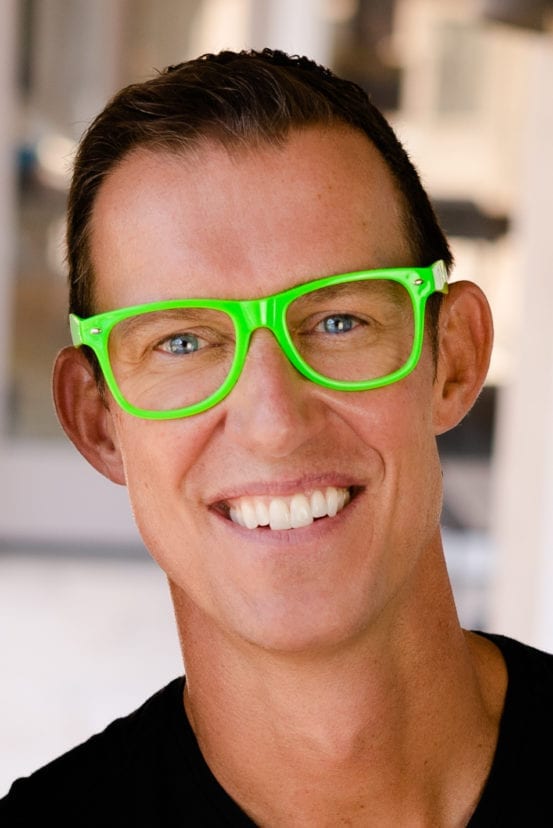
To ensure you don’t miss future episodes, subscribe to our podcast by clicking here >> Super U Podcast. We hope these tips help unlock and unleash your inner superpower!
The Super U Podcast is hosted by #1 bestselling author and Motivational Speaker Erik Qualman.

